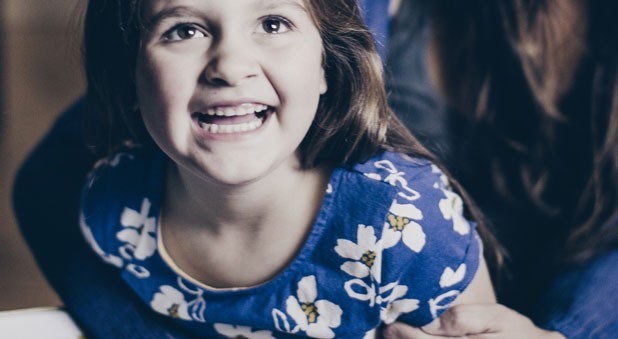An Anglicare service that provides specialised counselling to traumatised refugees is set to close because its funding has been cut by the Federal Government.
The Hope Counselling Program, which operates mainly in south-western Sydney, needs more than $250,000 by January to keep paying its small band of counsellors, or it will be forced to close. The Anglicare Christian Refugee Appeal has been set up to try and raise the funds before that date.
“There is a desperate need for services like Hope to help settle refugees and humanitarian entrants into our Australian community well, to help them transition from fear and grief to a fulfilling life in a new country,” says Grant Millard, CEO of Anglicare Sydney.
Jean Daher, Hope’s senior counsellor, is very anxious that the people they care for will continue to receive the help they need.
“Other counselling services... don’t have face-to-face interpreter services and our clients don’t speak English – or not enough to counsel or do this sort of work in – and we’re all bilingual,” she says.
“This service is not just about listening. It’s guidance, support, education, parenting, relationship skills, guidance to access other services... it’s advocacy, it’s everything. Mainstream counselling services do not do that, full stop. Plus there are no limits here on the number of sessions you can have and we are specialised to help refugees, asylum seekers and humanitarian entrants.”
Mrs Daher might seem passionate but she knows her clients’ needs only too well. She mentions Yasmin, an Iraqi woman from a Christian minority group, who was gang raped by some Muslim men and left for dead on a garbage tip. Found by a passer-by, she was taken to hospital where her family decided that her experience – and the persecution of their religious group – meant the best option was for her to flee to Jordan with a family member.
Yasmin did this but not long after she discovered she was pregnant as a result of the rapes. She attempted suicide more than once and then the family member connected her with a man from their minority group, who knew the history and offered to marry her and bring up the child as his own.
The family came to Australia about three years ago with the help of the United Nations but Yasmin now suffers a mental illness and has struggled to move forward. Her past traumas continue to cause difficulty in her relationship with her husband, yet they love each other dearly and Mrs Daher has been supporting them both.
“All sorts of struggles continue to emerge,” she says. “I started to do some work with her so she wouldn’t be so traumatised in talking about her past and that’s gone very well. She felt safe here. But every time she sees a different doctor I have to fill them in on the story because she can’t do that. It’s like reliving it.”
Yasmin, speaking about the service through Mrs Daher, says, “It’s not just normal work you [Mrs Daher] do. You give more than work and help – you give of yourself. You have given me much more than hope: you have given me back my soul.”
Adds Mrs Daher: “She wants to get better and she wants to learn and I love that about her... but when I said we might not be around after December, you should have seen the panicked look on her face.”




















